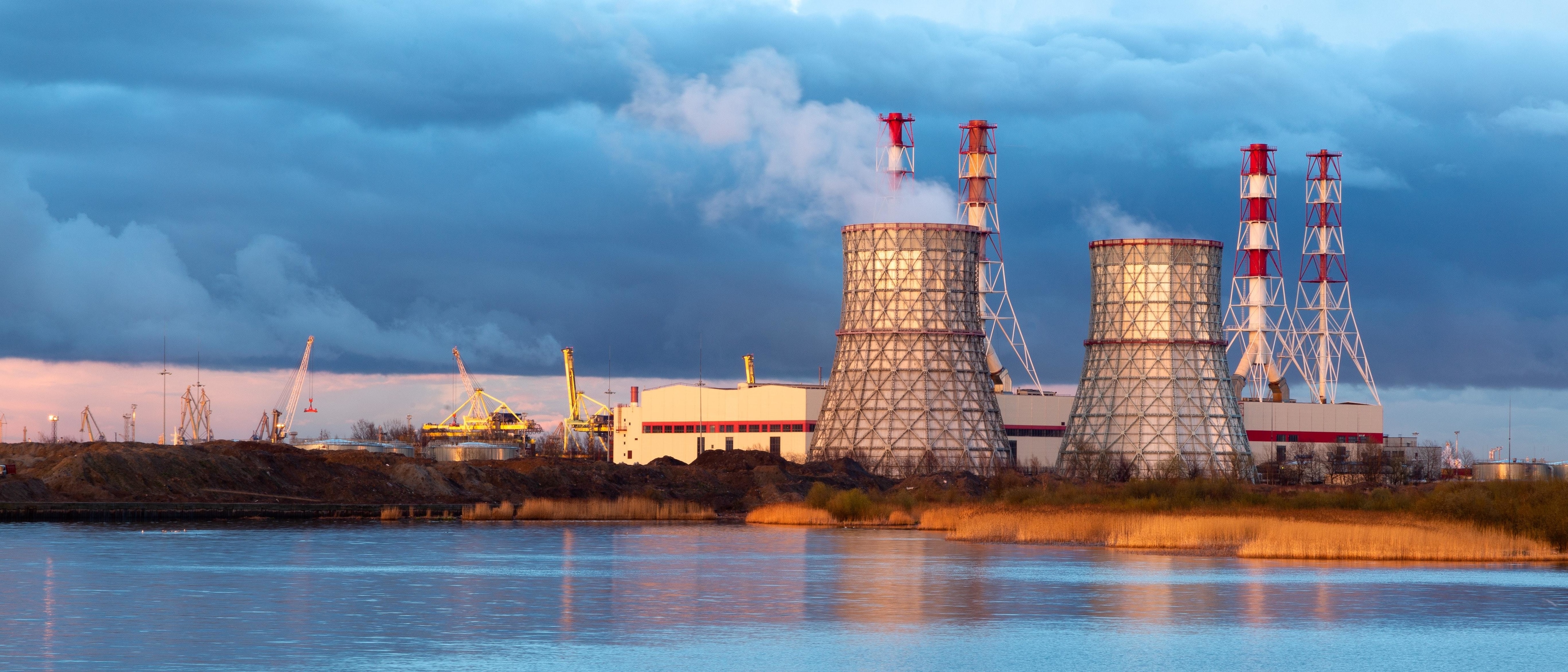
Why defining and securing systemically important critical infrastructure is so vital
Defining 'systemically important critical infrastructure' may help establish new operating models to keep essential services running during a cyberattack.
Filipe is a cybersecurity expert specializing in strategy, transformation, and innovation across public-private sectors. As a Lead, Centre for Cybersecurity at the World Economic Forum, he oversees the cyber resilience initiatives' portfolio across critical infrastructure industries aiming to address systemic challenges. Filipe has over 10 years of experience helping organizations shape global cyber and digital strategies by combining strong technical expertise with business acumen. He holds a PhD in Applied Cryptography, an MSc in Computer Science, and a BSc in Computer Engineering.

Defining 'systemically important critical infrastructure' may help establish new operating models to keep essential services running during a cyberattack.

A cyberattack on Amsterdam-Rotterdam-Antwerp (ARA) will have cascading effects across Europe and shows collaboration is needed to challenge future attacks.

Supply chain attacks can have operational, financial and reputational consequences for business and industries. A new approach to third-party risk can help
Quantum computing will soon become the technology of the present but the potential security impacts are not yet understood by either citizens, organizations, or decision-makers.
Critical infrastructure such as oil and gas must get used to the idea of a continually escalating cyberthreat landscape – and plan accordingly
The recent cyber-attack on the US oil and gas pipeline could become one of the most expensive attacks to an economy. Here are six principles to improve cybersecurity.


